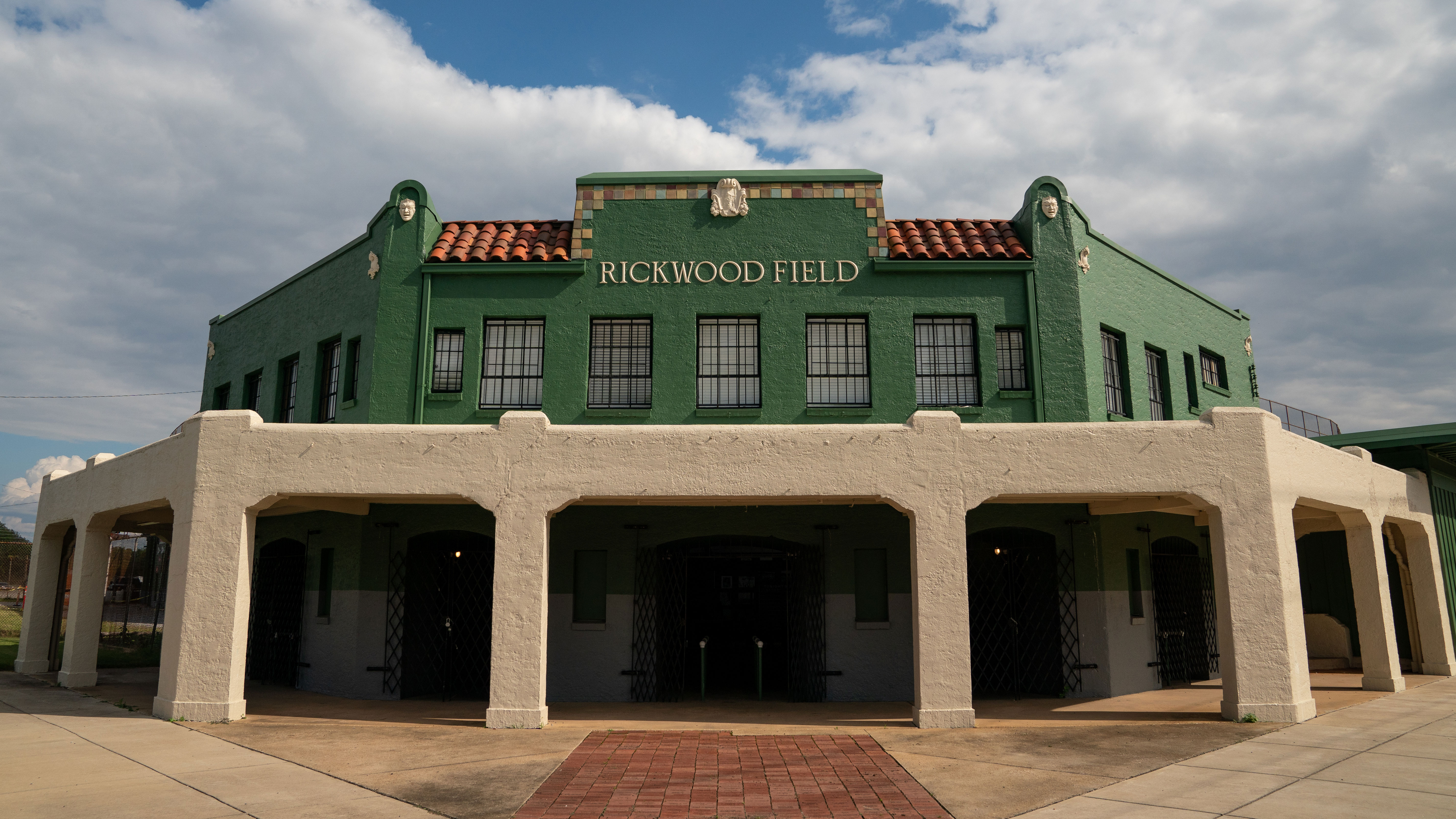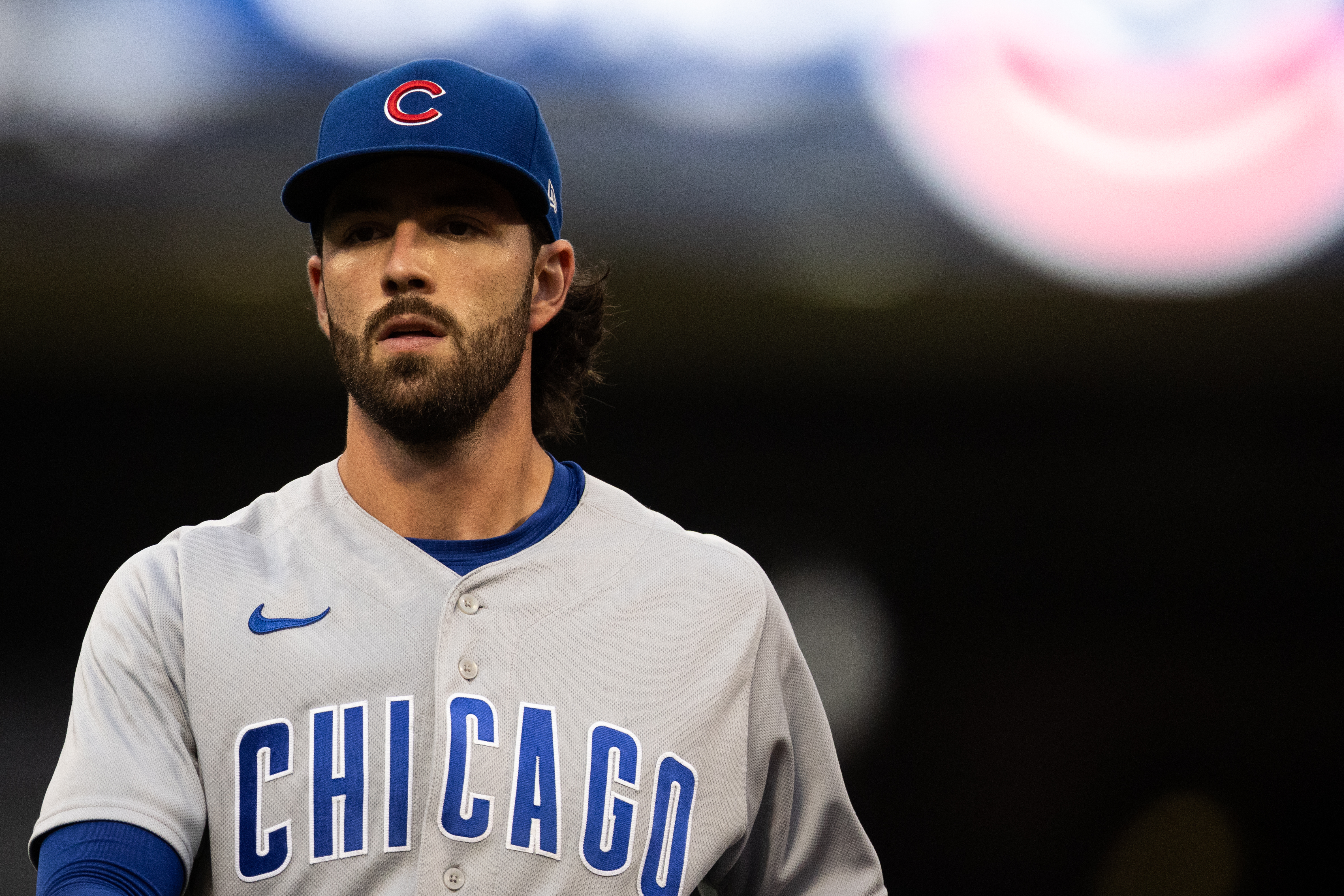Fans may be able to watch Opening Day at Wrigley Field live and in person. It’s just going to have to be from across the street.
Cubs president of business operations Crane Kenney said Thursday morning on 670 The Score that he expects the rooftops overlooking Wrigley Field to be open for the Cubs home opener. The rooftops will still have to abide by city regulations, which will likely limit the number of fans and promote social distancing.
“Even now with the mayor’s phasing of the city’s reopening, we would be allowed to open the rooftops,” Kenney said.
Click to download the MyTeams App for the latest Cubs news and analysis.
Kenney also said he hopes that at some point in the season, Wrigley Field itself will be able to open its doors to fans, albeit at a reduced capacity.
"And I've been optimistic on this one for a while,” he said on The Score. “We're fortunate to have some of the best medical professionals in our city helping us -- both from Advocate and Northwestern -- and I'll give credit to the city and the city's health department as well. And there was always a path to bring fans back into Wrigley, obviously a much smaller group that would normally attend games.”
On Friday, Illinois Gov. JB Pritzker’s reopening plan will allow some sports venues to fill up to 20 percent occupancy, but Mayor Lori Lightfoot clarified on Monday that Chicago will not yet open stadiums to spectators.
MLB
“We are in constant conversation with all of our professional sports teams,” she said in a press conference. “And a lot of that is going to be dictated by their league offices, in conjunction with the players associations. My expectation in the short term, is that they will reopen without fans in the stands.”
She too said she hoped sports venues would eventually be able to welcome in a limited number of fans this year. At Wrigley, 20 percent capacity would be about 8,000 fans.
RELATED: Cubs likely to insert crowd noise on TV broadcasts during fan-less games
"That’s a lot of folks," Lightfoot said on Thursday, "and that obviously exceeds both city and state caps on venues and compacity. But fundamentally, whether it’s 8,000 or 800 or 80, there’ s got to be a plan for safety. And we’re happy to engage in a discussion with all the sports teams. There’s no bigger sports fan than me and I want to be able to enjoy live sports in the stands myself. But we’ve got to do it at a time when we know that’s appropriate under the public health guidance. And we’re not there yet."
One of the major sticking points in negotiations between Major League Baseball and the players association this spring was the question of whether players would receive their full prorated salaries. The owners cited massive revenue loss without fans in the stands. The Ricketts family, which owns the Cubs, said 70 percent of the team’s revenue came from gameday operations.
The players called on MLB owners to open their books, but that never happened. In the end, the two sides couldn’t come to an agreement, so they fell back on the one they ratified in March. Commissioner Rob Manfred set the season at 60 games, as the March 26 agreement gave him the authority to do.
Without access to financial records, it’s impossible to say how much the Ricketts family would recoup by opening the rooftops and eventually – optimistically -- the ballpark. Since a purchasing spree in 2016, the Ricketts family has controlled a majority of the Wrigley rooftop properties. Operations costs would naturally rise as well. But it’s reasonable to assume the Rickettses, like any business owners, wouldn’t open either if they didn’t see the potential for financial gain.
Teams with a chance of making the playoffs are counting on the postseason, and the lucrative TV deals that come with it, to supply the majority of this year's revenue. But experts have warned that a second wave of the COVID-19 pandemic could force baseball to shut down early. Dr. Anthony Fauci, head of infectious diseases at the National Institutes of Health, even told the Los Angeles Times that MLB should consider not playing into October. Additional revenue early in the season could help mitigate some of the losses in case of another shutdown.
“Just to make it perfectly clear,” Kenney said of allowing fans at Wrigley Field, “we would not do this, even if the governor allowed it, if we thought it would be unsafe.”


